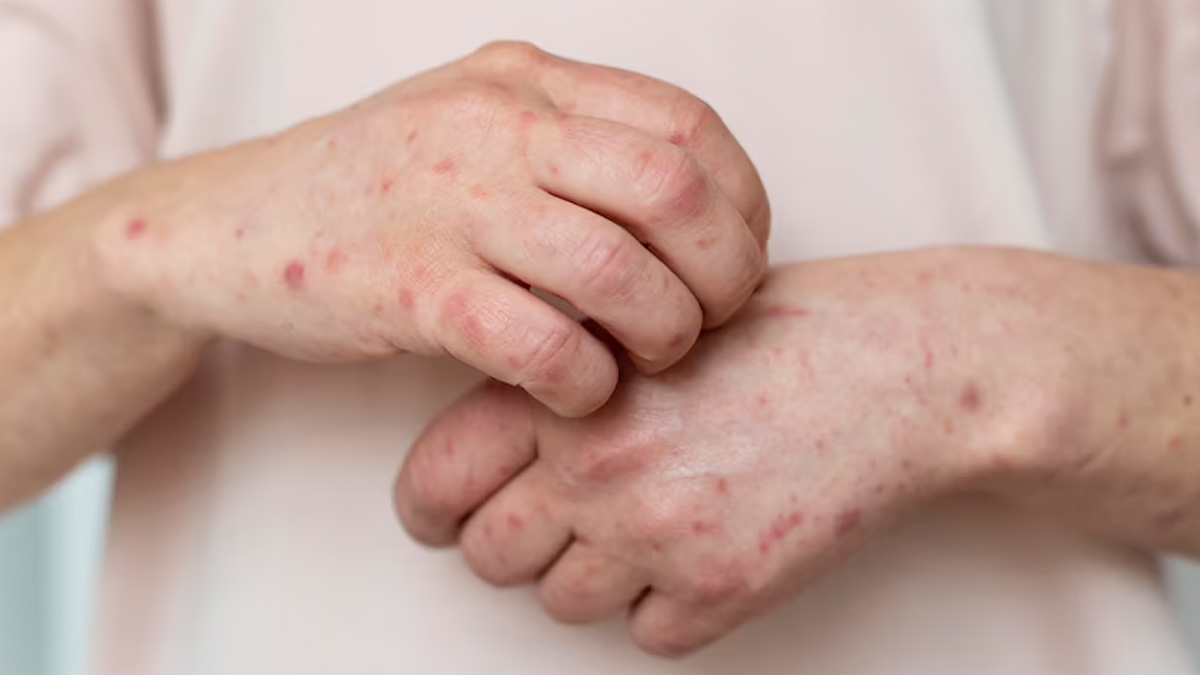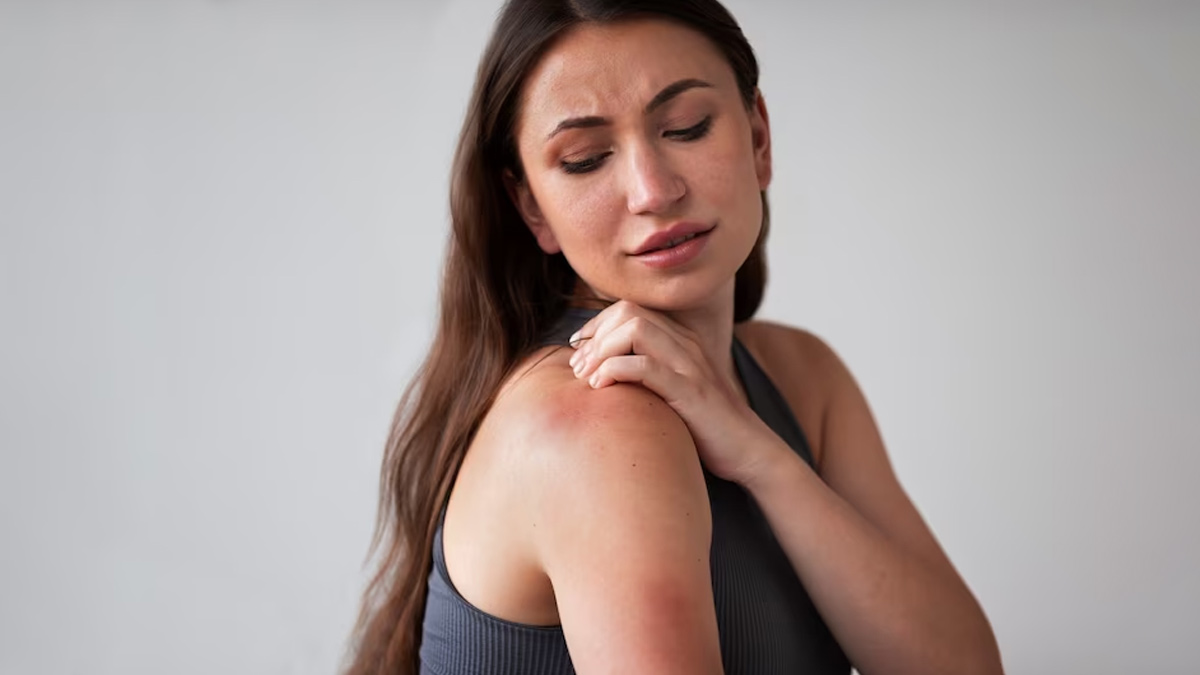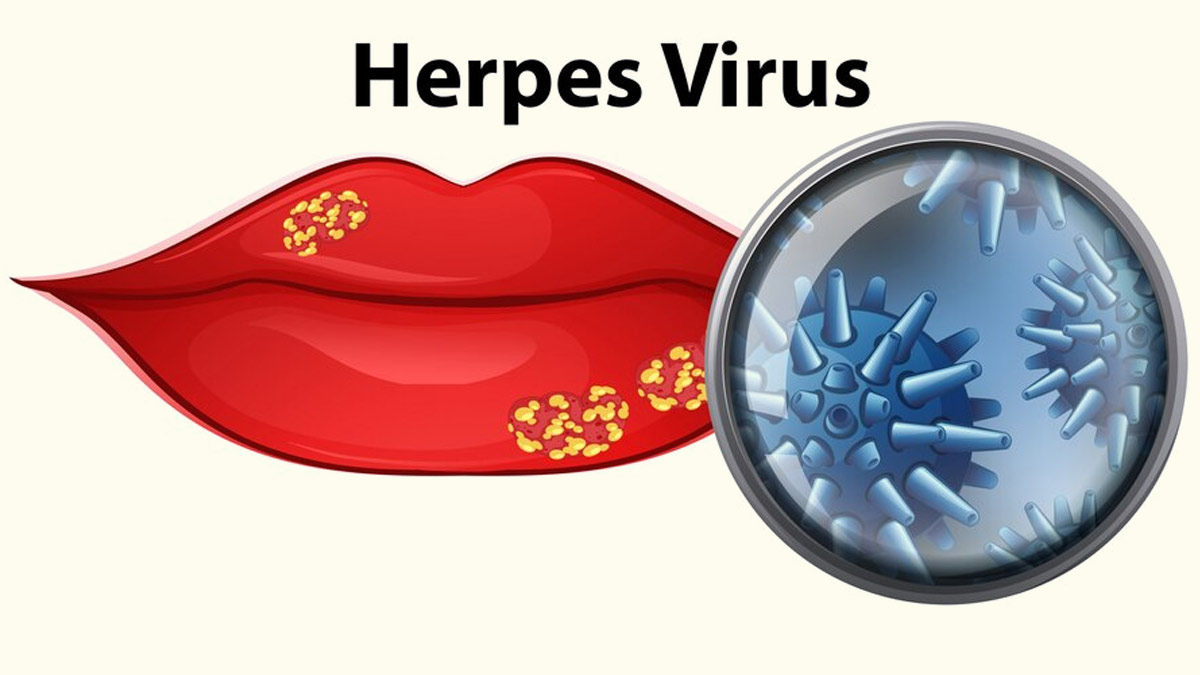Views: 0

Our skin serves as a protective barrier against numerous environmental threats, but it is not like it remains unaffected. Infections can breach this barrier and lead to serious skin health issues. Here are five infections that can have a significant impact on your skin health. In an interaction with OnlyMyHealth, Dr SK Gupta, Dermatologist, DMCH, Darbhanga, Bihar, explained about 5 infections that can seriously damage your skin.
1. Cellulitis
Cellulitis is a bacterial skin infection that occurs when bacteria enter through a cut, scrape, or insect bite. It can cause redness, swelling, warmth, and pain in the affected area. Without prompt treatment, cellulitis can spread and lead to more severe complications.
Also read: Best Ayurvedic Treatment For Skin Rashes And Itching
2. Impetigo
Impetigo is a highly contagious bacterial infection, often seen in children. It manifests as red sores or blisters that rupture and develop a characteristic honey-coloured crust. Scratching can worsen the condition and increase the risk of spreading the infection.
3. Fungal Infections
Fungal infections like ringworm, athlete’s foot, and yeast infections can affect the skin. They typically result in redness, itching, and sometimes, a rash with a raised border. Fungal infections are common and can thrive in warm, moist areas of the body.

4. Staph and MRSA Infections
Staphylococcus aureus (staph) bacteria can cause skin infections, including boils, abscesses, and folliculitis. According to the journal Infection and Drug Resistance, methicillin-resistant Staphylococcus aureus (MRSA) is a more resistant strain, making treatment challenging. MRSA infections often appear as painful, red, swollen areas on the skin.
Also read: 9 Best Skincare Ingredients For Indian Skin Tones
5. Herpes Simplex Virus (HSV)
HSV can cause oral herpes (cold sores) or genital herpes. These viral infections result in painful, fluid-filled blisters on the affected area of the skin. While they can be managed with antiviral medications, flare-ups can still occur.

It’s important to recognise the signs of skin infections and seek medical attention promptly. Left untreated, these infections can lead to complications, such as the spread of bacteria or viruses to other parts of the body, scarring, and systemic illness.
Prevention plays a key role in maintaining skin health. Here are some tips to reduce the risk of skin infections:
1. Good Hygiene: Wash your hands regularly and keep your skin clean. Shower after physical activities, especially if you sweat.
2. Wound Care: Properly clean and cover any cuts, scrapes, or wounds to prevent bacterial entry.
3. Avoid Sharing Personal Items: Do not share towels, razors, or personal items that come into contact with your skin.
4. Foot Hygiene: Keep your feet dry, especially between the toes, to prevent fungal infections.
5. Immunisation: Consider vaccines like the HPV vaccine to reduce the risk of certain viral skin infections.
6. Skin Protection: Use sunscreen to protect your skin from harmful UV radiation, reducing the risk of skin cancer.
7. Avoid Scratching: Refrain from scratching itchy skin, as it can worsen infections and lead to complications.
Everyone’s skin is unique, and what works for one person may not work for another. If you suspect a skin infection or have concerns about your skin health, consult a doctor or dermatologist for proper diagnosis and treatment. Early intervention is crucial in preventing serious damage to your skin and overall well-being.











